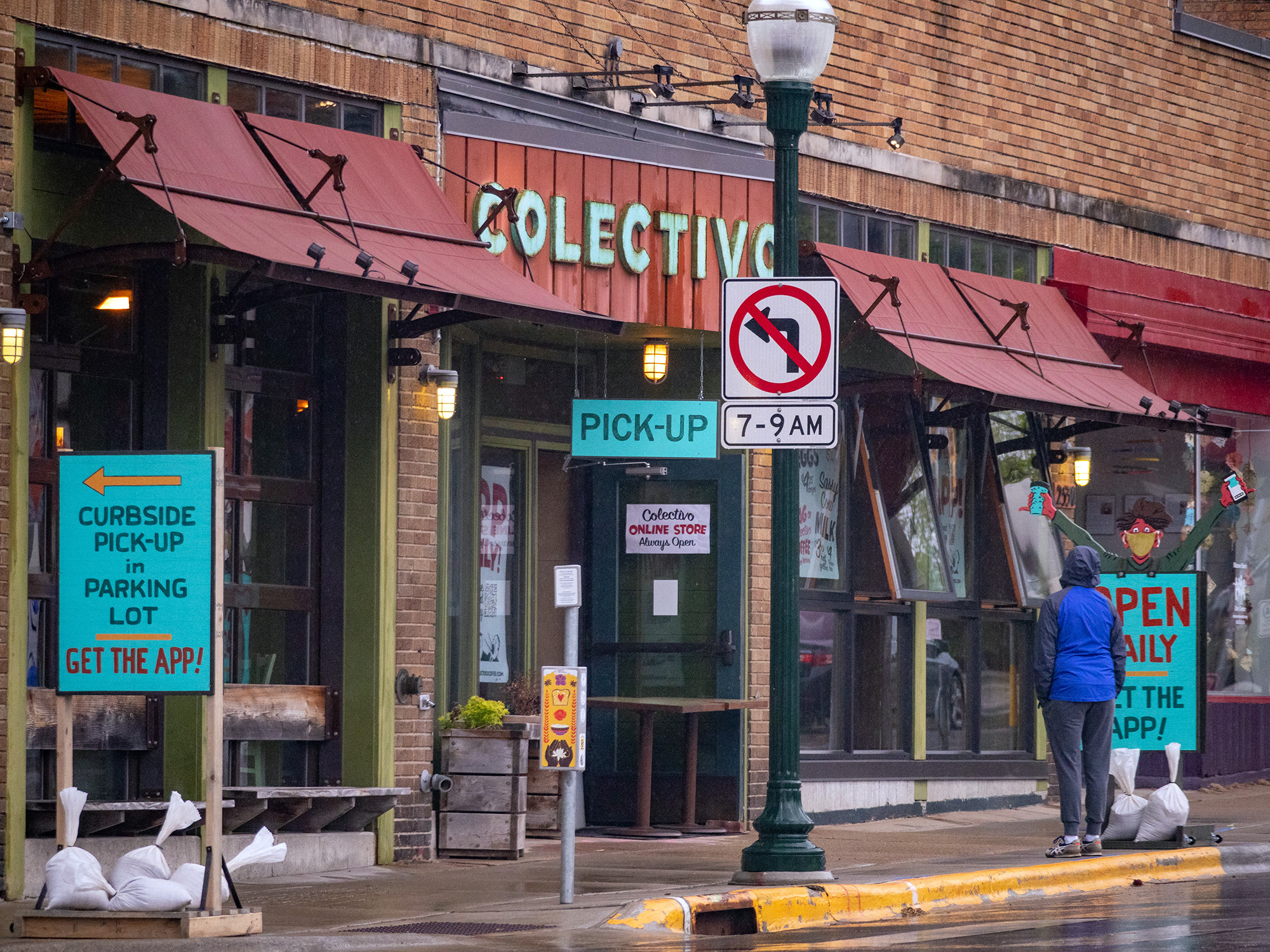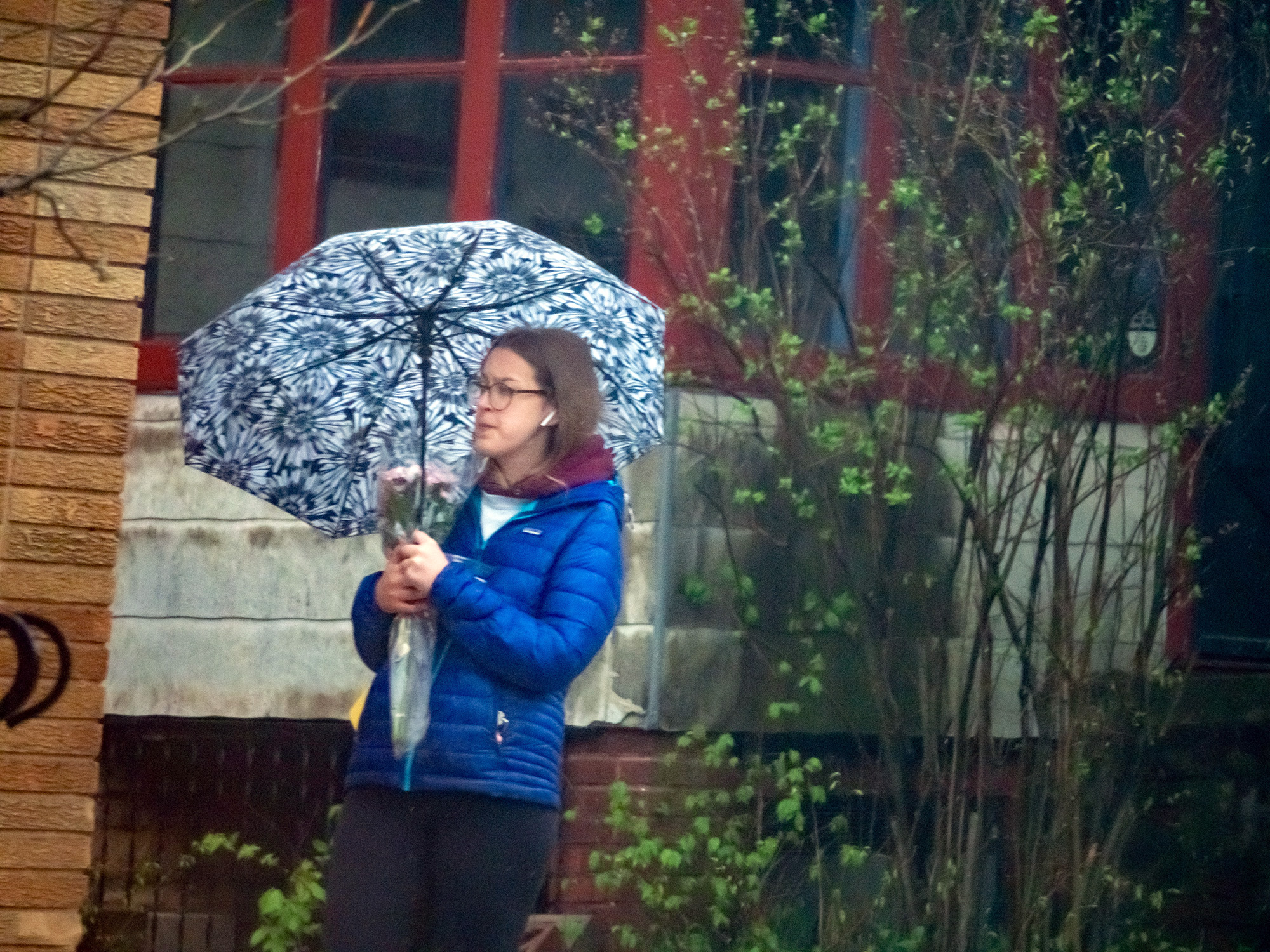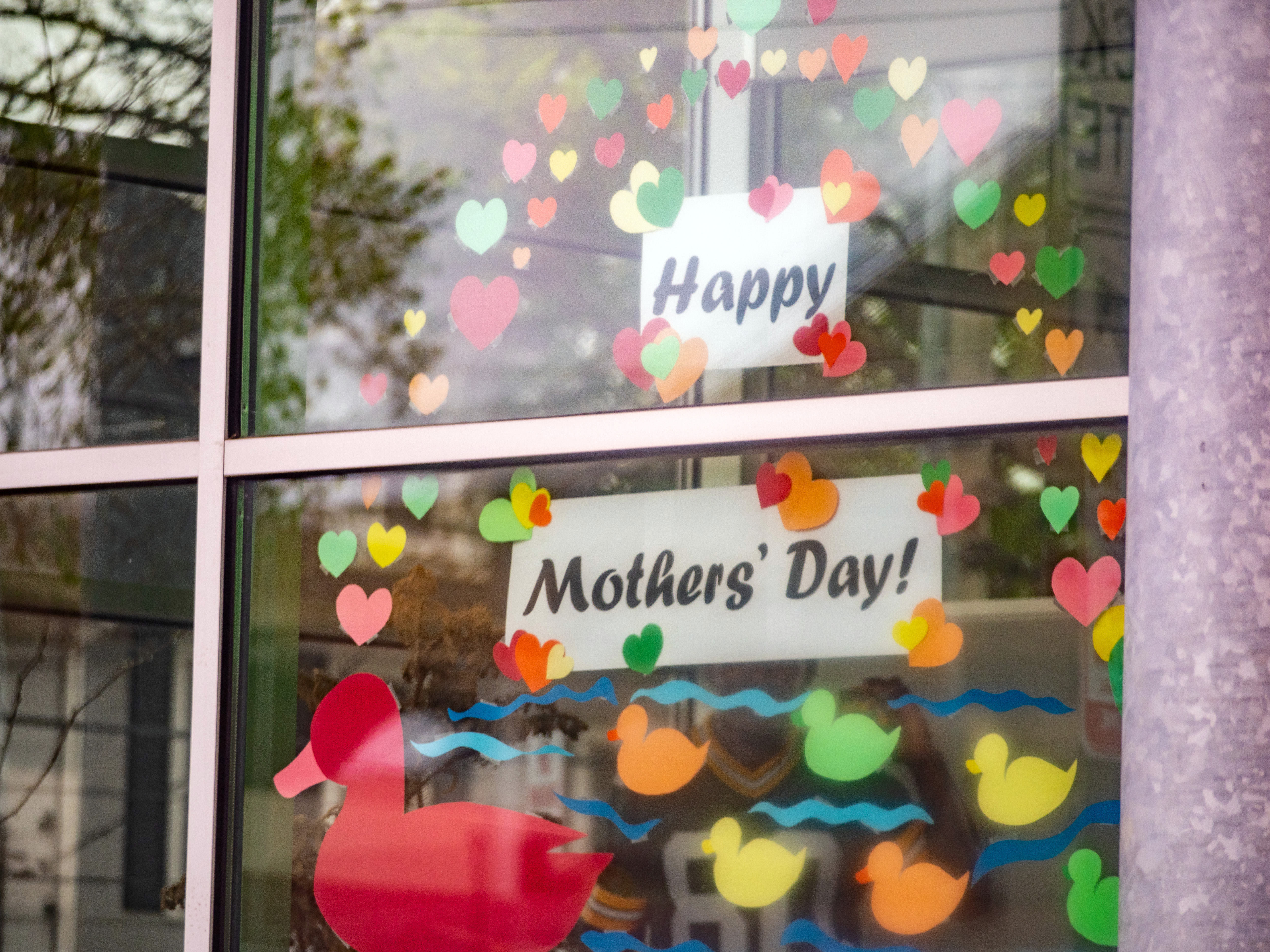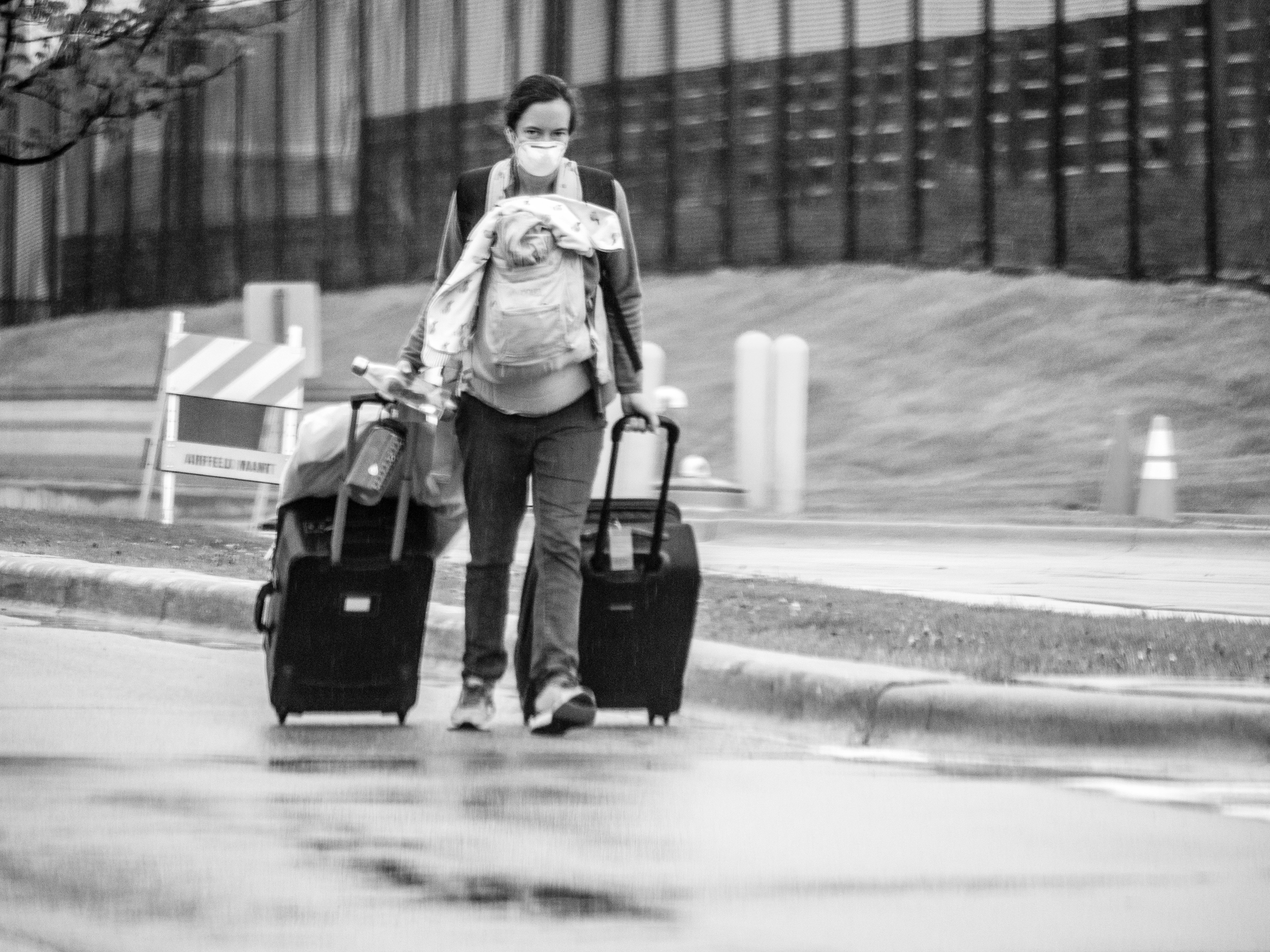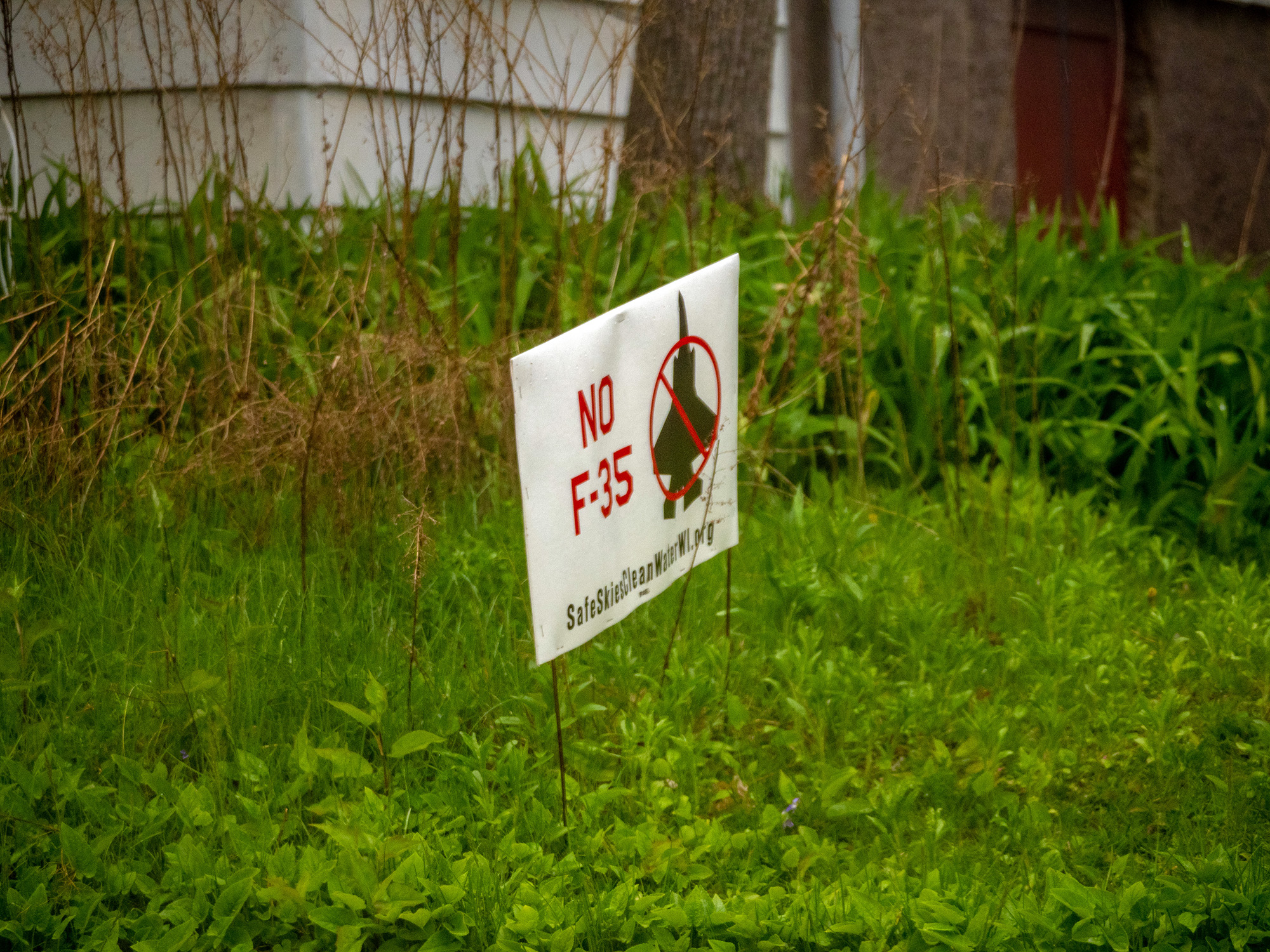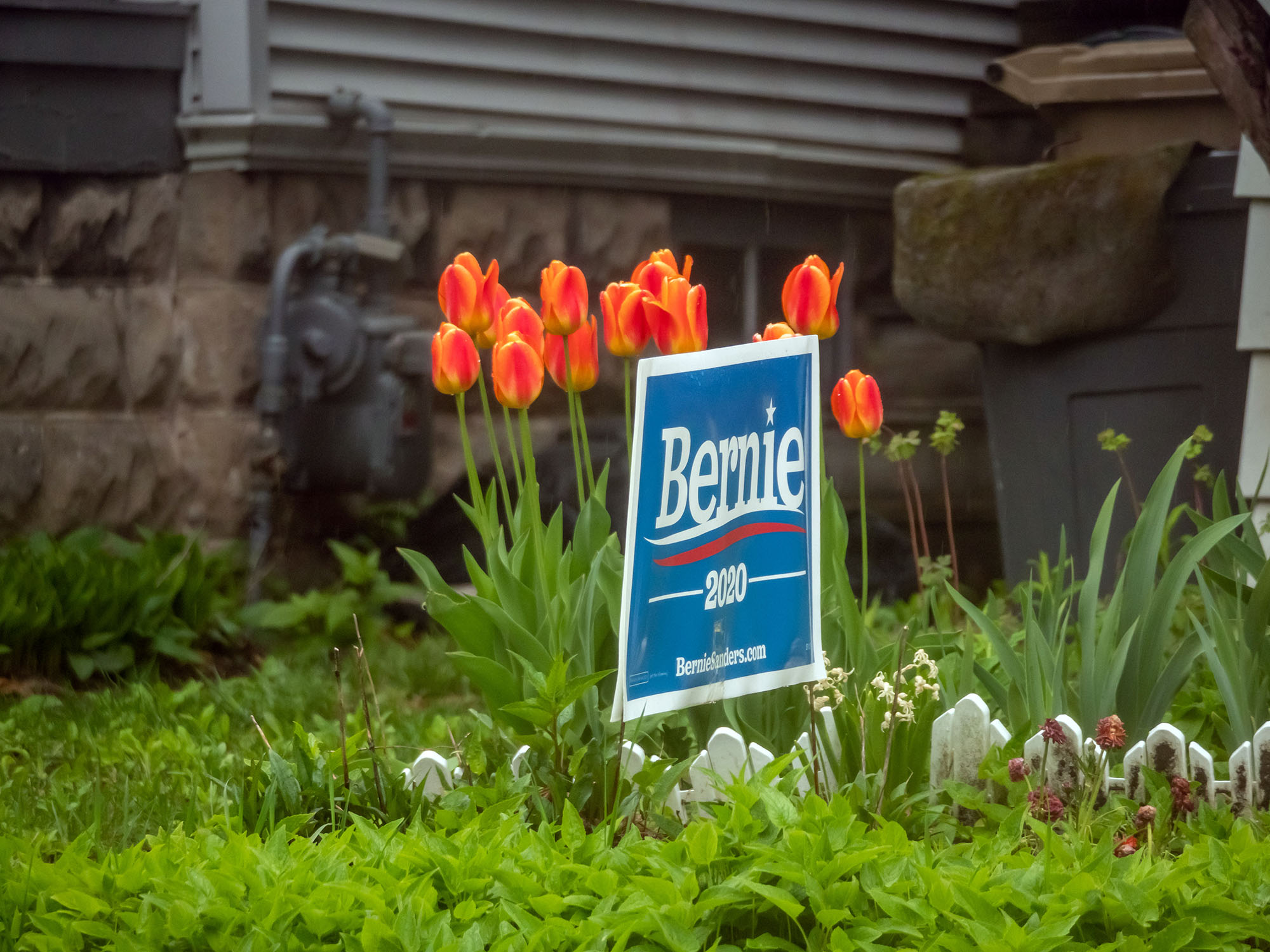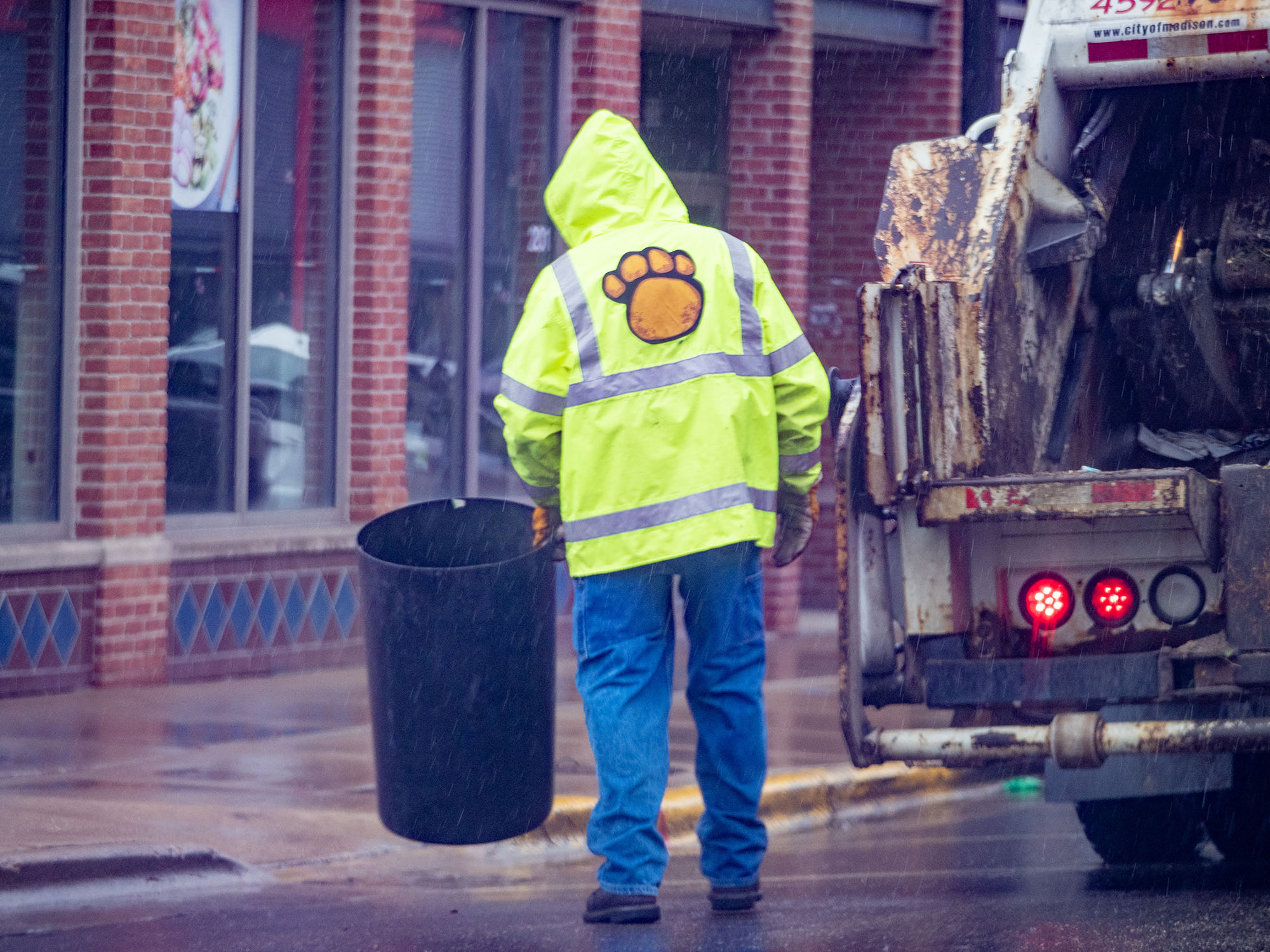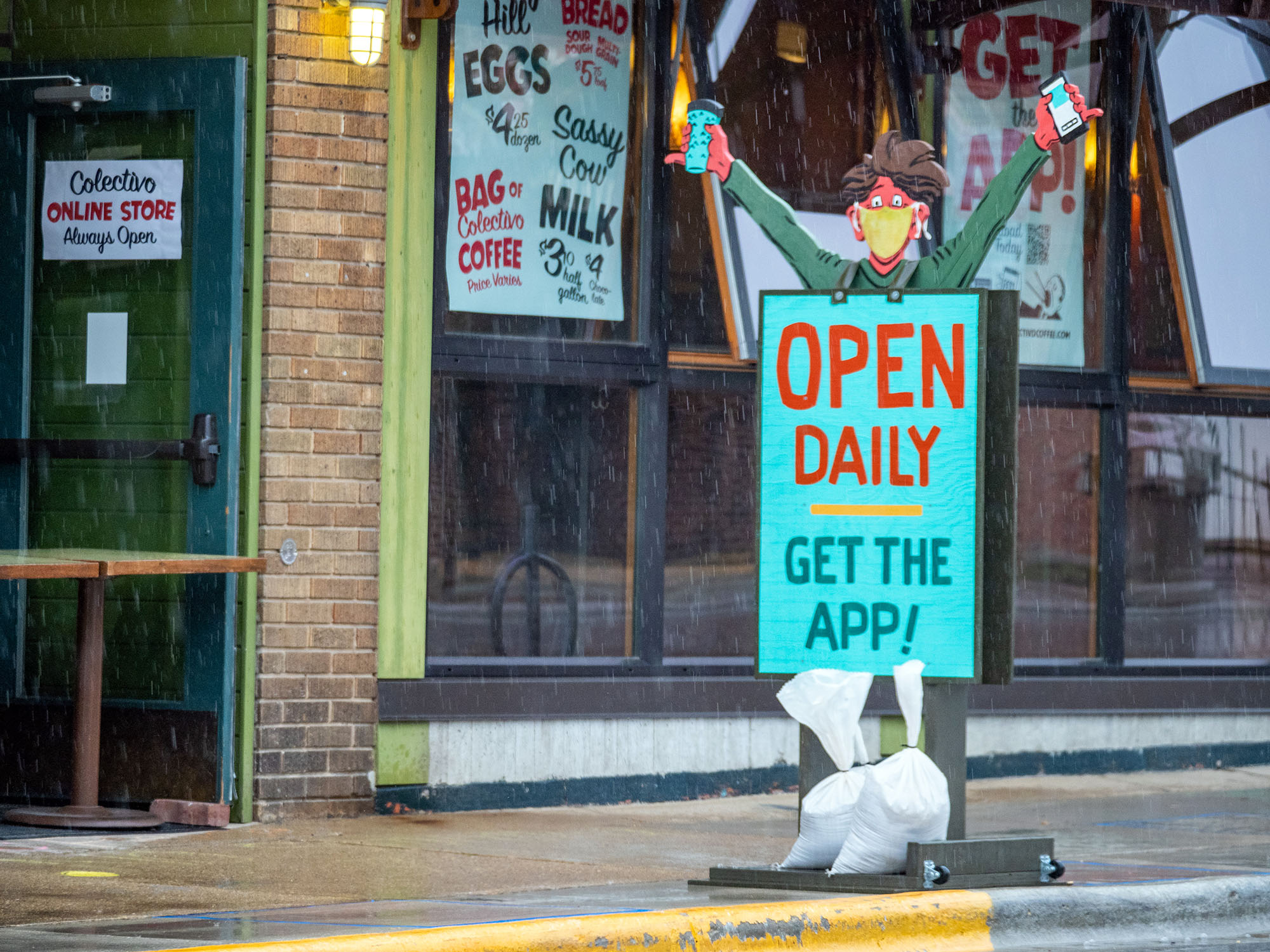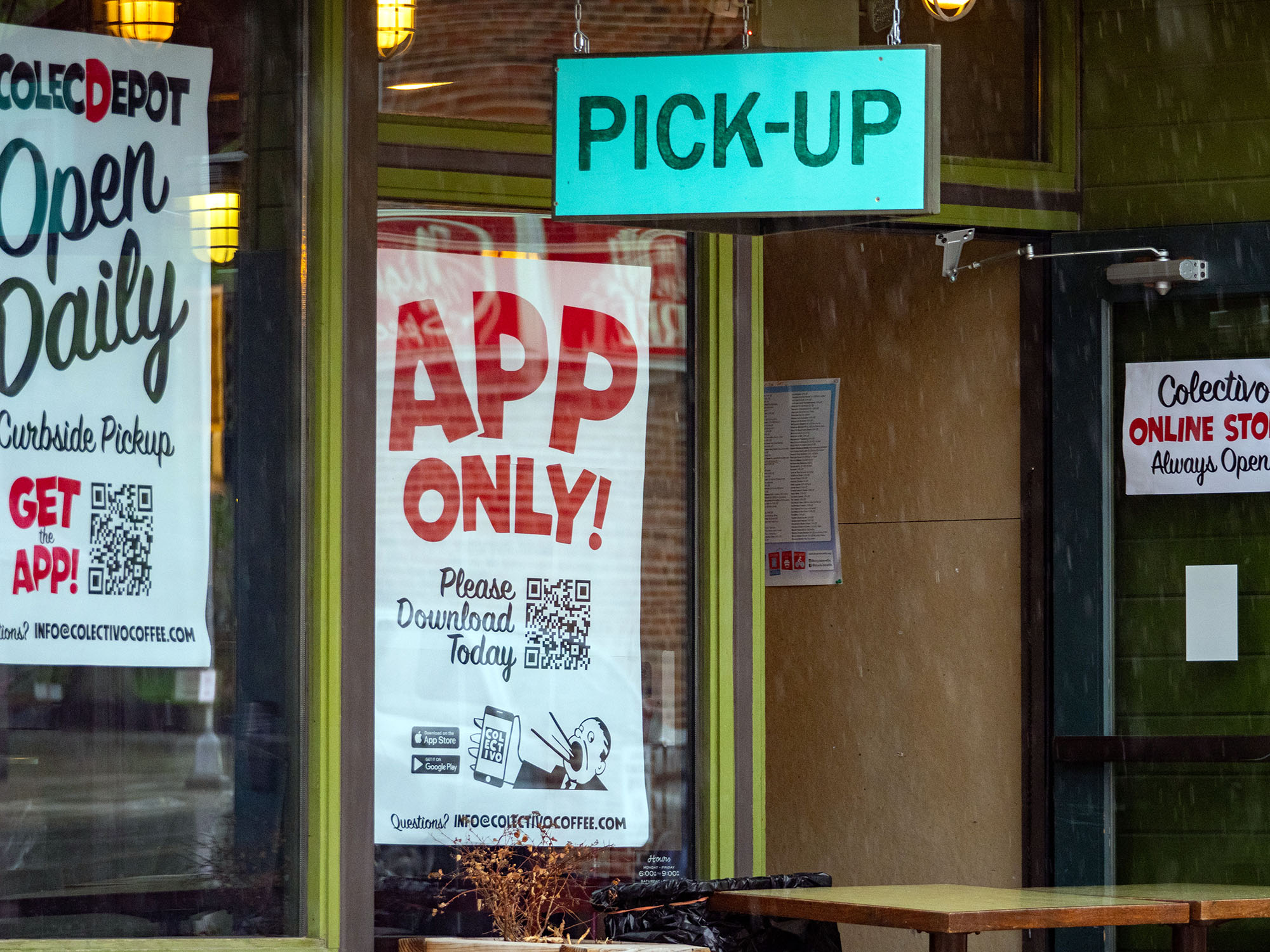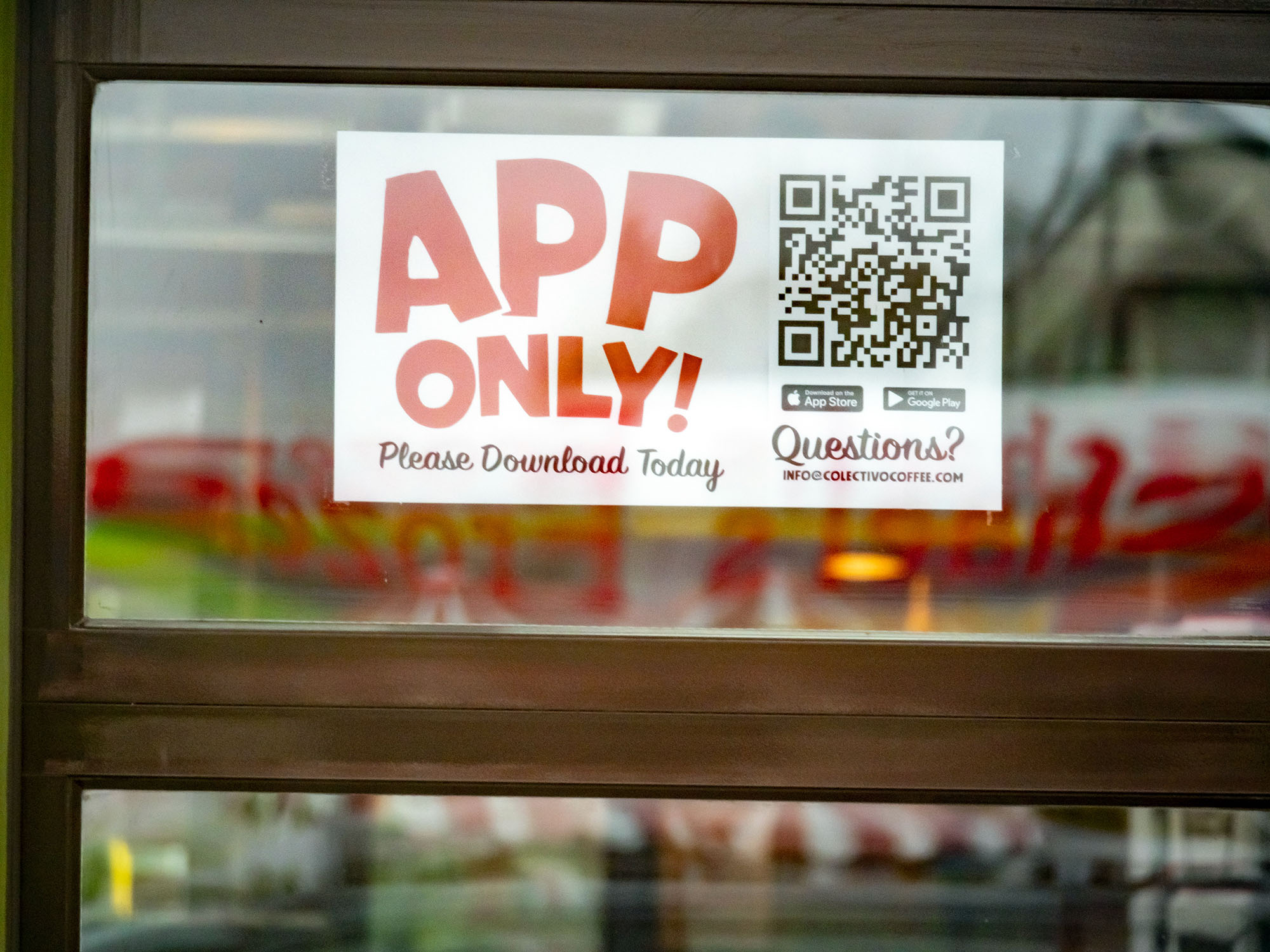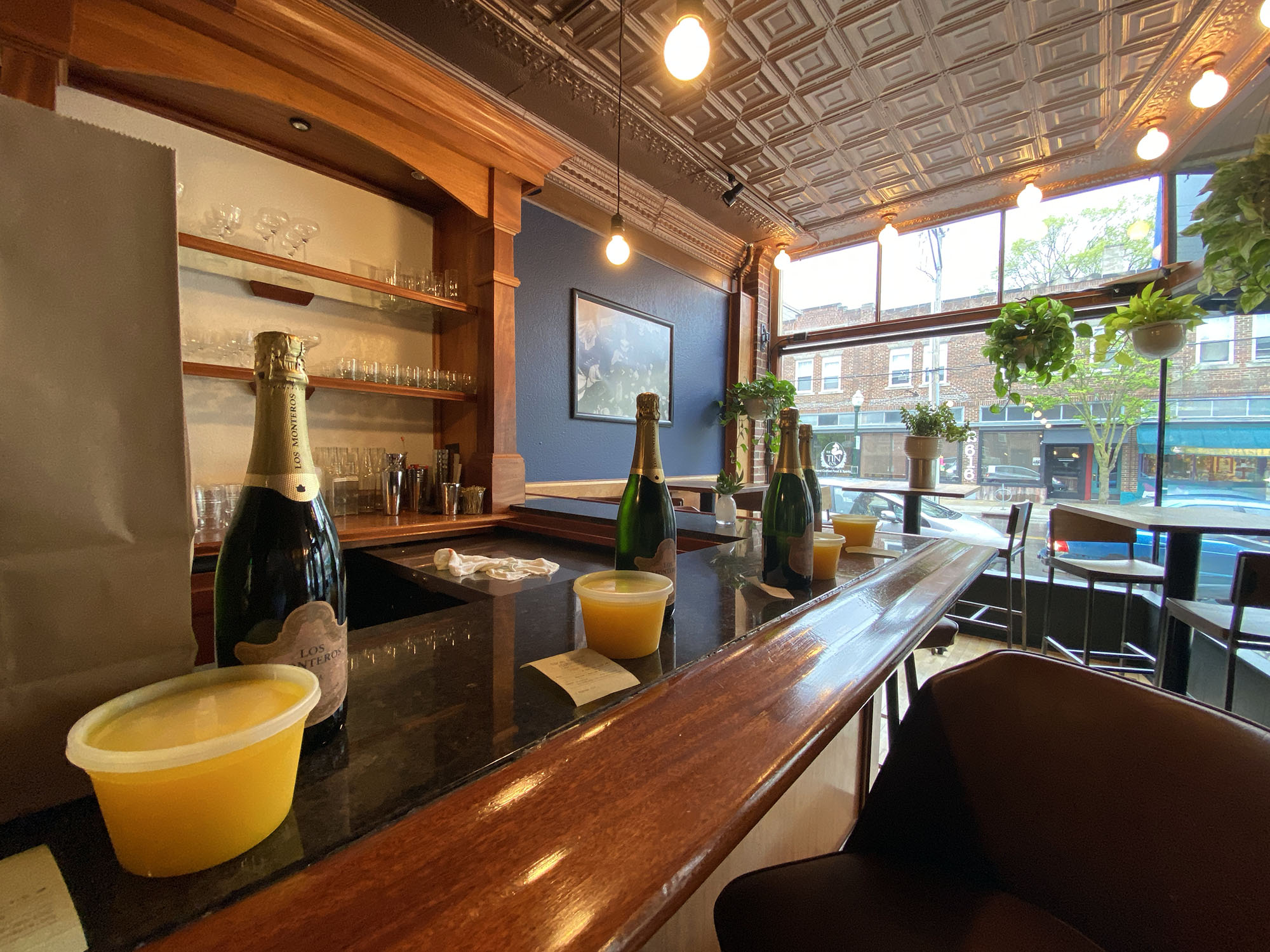Noah Rothman:
Peruse the media landscape today, and you’re likely to come away thinking that Americans are more or less content with their current circumstances. The press is replete with a new phenomenon: trend pieces that don’t identify trends but rather forecast them, and the future is quite bleak. Thus, these clairvoyant trend pieces speculate, Americans are probably just going to default to living like they are in lockdown forever.
The pandemic has changed the way we as a country eat, the Washington Post averred. That’s only partly attributable to the fact that so many restaurants are closed, and the supply chain now teeters on the brink. But is there any bright side? Has this plague perhaps shaken us from our “mass-produced, processed, factory-farm-driven diets?” Nope.
Americans, the Post determined, are cooking at home more, but what they’re cooking is still garbage. Pre-packaged, ready-to-eat meals are fast becoming the norm. So, this dispatch assumes, that’s just going to become part of our new normal. “When it is all said and done, the real change brought about by the coronavirus won’t be a back-to-the-kitchen movement,” the report affirms. “It will be a rush toward hyper-convenience at mealtime that could make us more reliant than ever on food prepared by other people.”
Know what else is never coming back? Buffets. Supermarket salad displays and hot food bars may be a thing of the past, suggests this item from Boston-area NPR affiliate WGBH. Even though this particular coronavirus is not food-borne, the countertops around which customers huddle may be a source of viral transmission. According to one professor of marketing and hospitality management, it will take a “Herculean effort”–akin to post-9/11 initiatives to convince travelers it was safe to fly again–to convince customers “it is safe to dine again at supermarket hot bars.” The status quo ante will be unacceptable “in the post-coronavirus economy.”


